On August 8th, 2025, Abdul Malik, a senior key figure of the Islamic State Khorasan Province (ISKP), was killed in the Tangi area of Qambar Khel in Khyber Pakhtunkhwa, Pakistan. Malik had been the chief operational planner of ISKP, who had previously escaped counterterrorism operations in Balochistan. The removal of Malik is a significant blow to ISKP’s regional network, as he was believed to have been involved in coordinating major attacks across Pakistan and Afghanistan.
Malik’s death also points to the shrinking operational space for terrorist groups within Pakistan. While the killing happened in the backdrop of infighting between militants, it also communicates a larger reality. ISKP is increasingly being put on the back foot. The killing of Malik highlights the growing pressure on ISKP’s governance. The group has undergone losses at the leadership level, coupled with sustained counterterrorism pressure, all of which indicate dilution in its operational capabilities, specifically when it comes to carrying out mass influence and operations.
A decreasing safe haven for terrorists
Over the last two decades, Pakistan has waged several counterterrorism operations aimed at gradually disintegrating organized militant networks so that extremist groups are denied safe havens. This first began with Operation Rah-e-Haq (2007–2009), mainly in the Swat region and in the tribal belt, followed by Operation Rah-e-Nejat (2009), which pushed back Tehrik-i-Taliban Pakistan (TTP) strongholds in South Waziristan.
April 2014 created a turning point for Pakistan with the onset of the phase of Operation Zarb-e-Azb, which systematically targeted militant infrastructure, command and cross-border networks in North Waziristan. Capacity-building efforts were further reinforced through Operation Radd-ul-Fasaad (2017), focusing on intelligence-based operations, urban counter-terrorism and the removal of residual extremists. These protracted campaigns attempted to disrupt terrorist sanctuaries and fracture the cohesion of pseudo-legitimate groups like the ISKP.
However, it is argued that militant infighting in Khyber Pakhtunkhwa has weakened ISKP’s command structure and limited its maneuverability more than the operations led by the Pakistani government. Far from projecting strength, the group’s internal conflicts highlight its desperation and decline in Pakistan’s increasingly inhospitable security environment.
The role of other countries
Pakistan has accused India of aiding militant groups such as ISKP and TTP with funds and strategic guidance. Thus, allowing them to function as proxies made to destabilize Pakistan’s security environment. In December 2020, Pakistan presented a detailed dossier containing evidence of Indian financing of the groups, their training and their safe havens linked to Indian Intelligence.
These concerns were reiterated in the reports of the Analytical Support and Sanctions Monitoring Team of the United Nations Security Council in 2021, which charted ISKP-TTP linkages and mentioned external facilitation.
Despite this apparent foreign patronage, every important terrorist that has been killed represents a major blow to the terrorist movement, and the death of Malik falls in line with this trend. His killing highlights the fact that ISKP leadership cannot withstand Pakistan’s counterterrorism onslaught that continues to shrink the operational capacity of terrorist groups.
From the United Nations’ recognition of Pakistan’s frontline sacrifices to senior US generals labeling Islamabad as a “phenomenal partner in counterterrorism,” global voices have kept affirming the role of Pakistan in dismantling ISKP and other similar networks. The trajectory is increasingly evident: the ISKP is on the run. A series of Pakistani operations has reduced the footprint of this group to scattered remnants, disrupted its organizational capacity, and laid bare the external support systems that have tried to sustain it.
Uprooting terrorism in the region
In spite of scattered operatives, ISKP’s true sanctuary has never been in Pakistan. The UN Sanctions and Monitoring Committee Report issued in July 2025 confirms that the group’s organizational hubs and training grounds are located in Afghanistan, where they receive protection and logistical support.
Pakistan has time and time again warned against the permissive environment Afghanistan maintains and that such an environment emboldens ISKP, TTP and allied groups. From Kunar to Nangarhar, the states for terrorists become a launching pad for cross-border attacks against Pakistan. Thus, the issue of terrorist sanctuaries in Afghanistan continues to be a central point of tension between the two countries.
In a nutshell, Pakistan cannot eliminate the roots of terrorism on its own; it requires a collective effort by Afghanistan and other neighboring states. After facing more than four decades of war, the responsibility now lies with the Afghan authorities to dismantle terrorist sanctuaries and cut off support networks operating from their soil.
Peace and stability in Pakistan are directly tied to Afghanistan’s security, and by extension, the stability of the wider region and the international community also hinges on Afghanistan’s ability to address this challenge. A unified regional approach, led by Afghanistan and supported by neighbors, is critical to finally uprooting terrorism in South Asia.
[Natalie Sorlie edited this piece.]
The views expressed in this article are the author’s own and do not necessarily reflect Fair Observer’s editorial policy.
Support Fair Observer
We rely on your support for our independence, diversity and quality.
For more than 10 years, Fair Observer has been free, fair and independent. No billionaire owns us, no advertisers control us. We are a reader-supported nonprofit. Unlike many other publications, we keep our content free for readers regardless of where they live or whether they can afford to pay. We have no paywalls and no ads.
In the post-truth era of fake news, echo chambers and filter bubbles, we publish a plurality of perspectives from around the world. Anyone can publish with us, but everyone goes through a rigorous editorial process. So, you get fact-checked, well-reasoned content instead of noise.
We publish 3,000+ voices from 90+ countries. We also conduct education and training programs
on subjects ranging from digital media and journalism to writing and critical thinking. This
doesn’t come cheap. Servers, editors, trainers and web developers cost
money.
Please consider supporting us on a regular basis as a recurring donor or a
sustaining member.
Will you support FO’s journalism?
We rely on your support for our independence, diversity and quality.


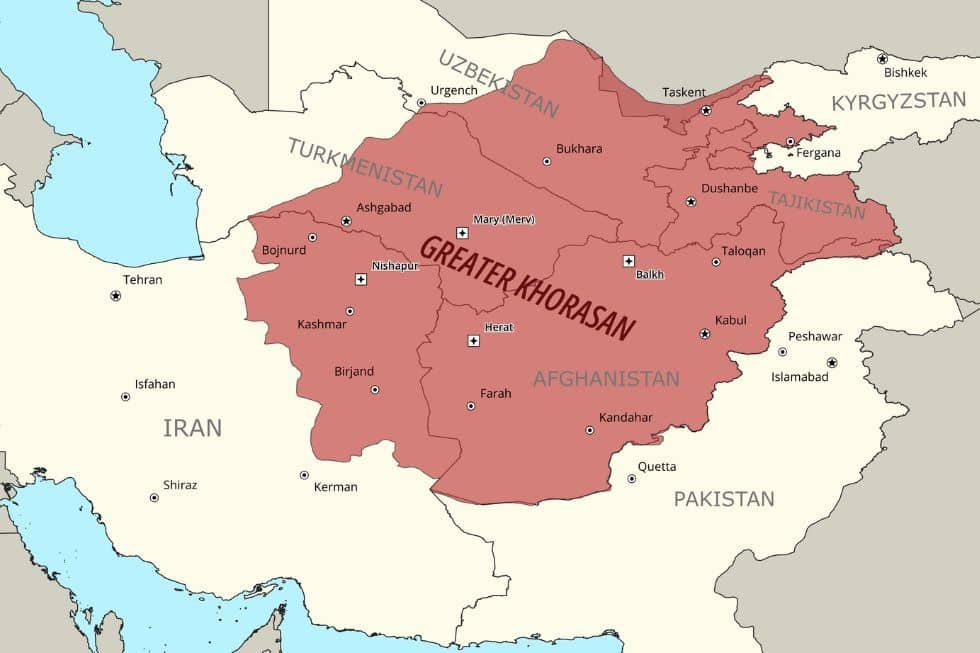
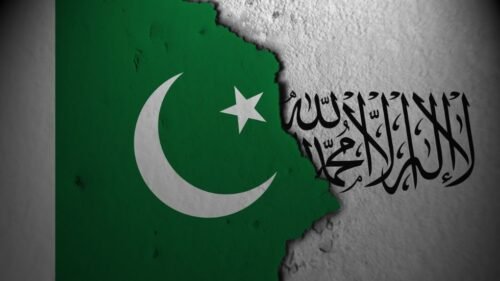

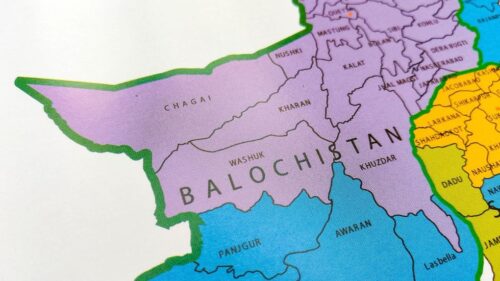
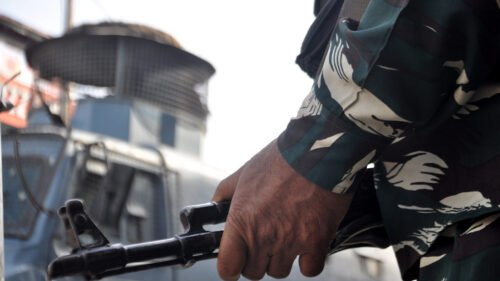

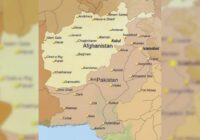



Comment